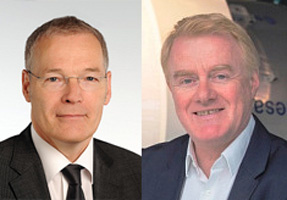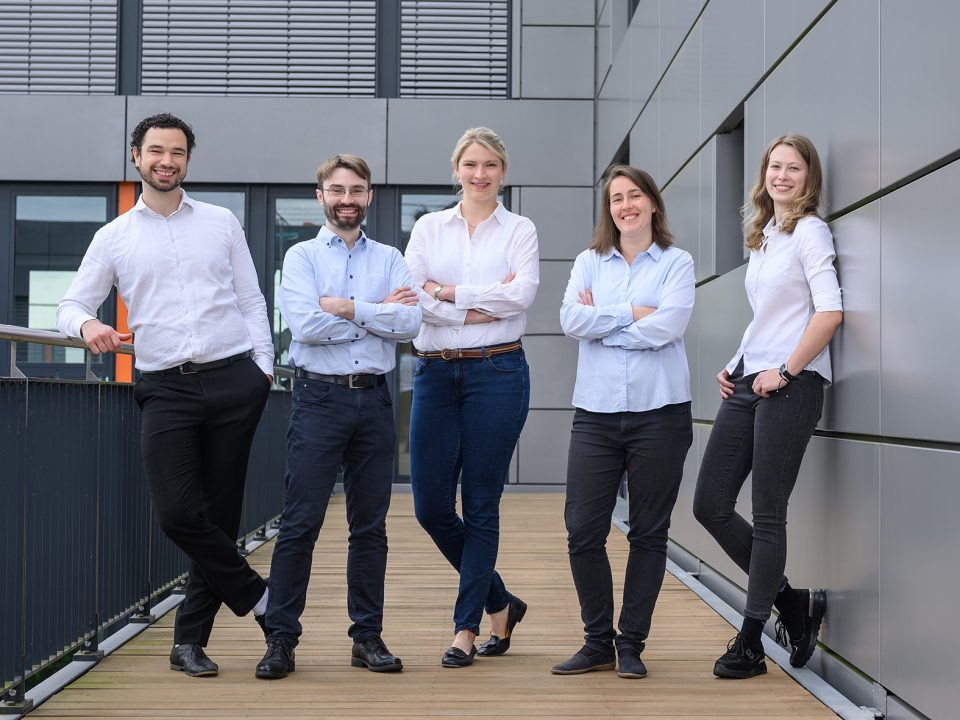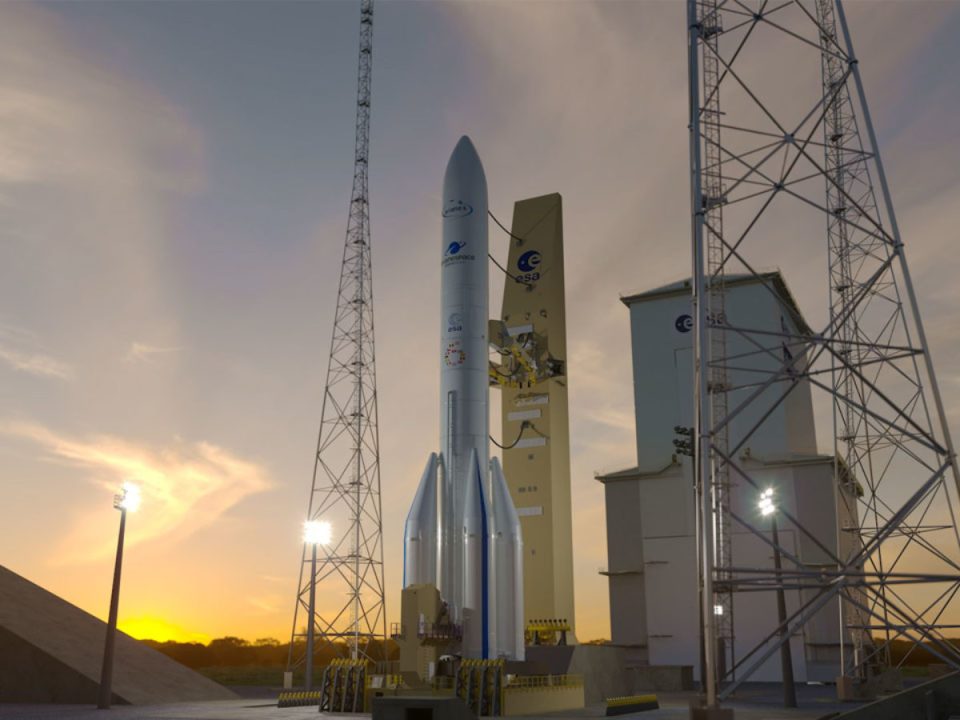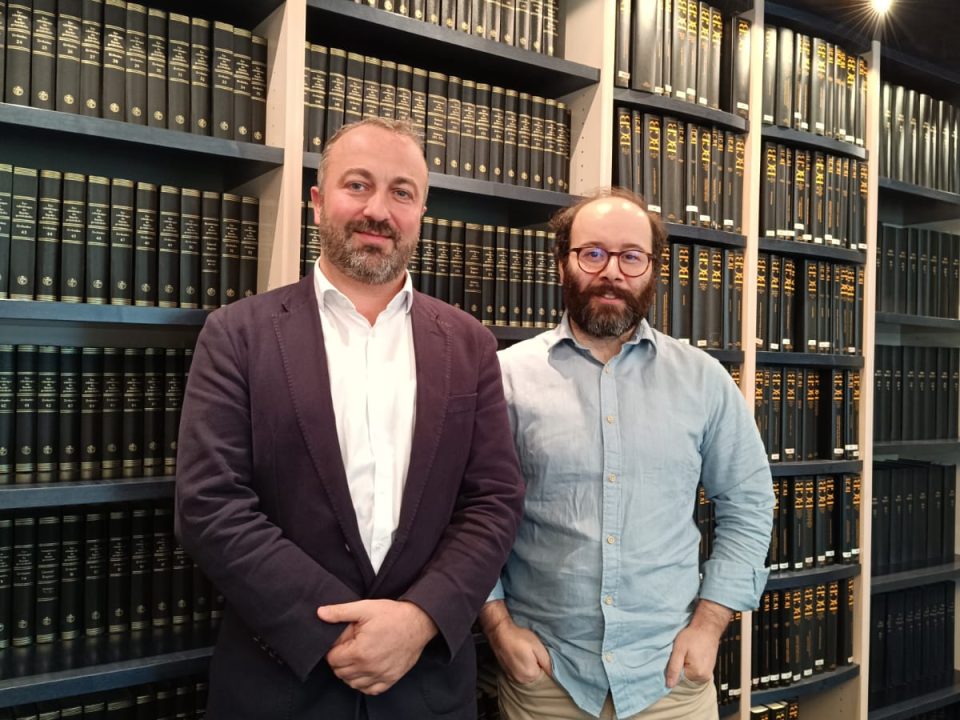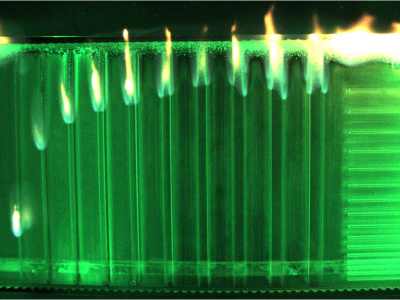
Brand new findings on fire safety in space
22.02.2021
Inspirational Women in the ESA Space Solutions Network
08.03.2021Aeronautics and space are two key industries in the state of Bremen, generating approximately 4 billion euros annually and comprising upwards of 12,000 employees, 140 companies and 20 research institutes. Approximately 40 percent of the aeronautics and space sector are dedicated to Research and Development (R&D). This has a positive spin-off effect on the entire R&D scene in the federal state of Bremen and contributes to Bremen as a high-tech location.
To strengthen Bremen’s position as a high-tech location for the aeronautics and space industries, the Minister of Economics Affairs, Labour and Europe has appointed two new coordinators for the next three years. Professor Rolf Henke (Aviation) and Siegfried Monser (Space) were entrusted with these roles.
“I am very pleased to have two renowned specialists take on the roles here in Bremen. To further expand Bremen’s leading, international position as a high-tech location for aeronautics and space, it is important that the various expertise in business, science and the know-how of our workforce are brought together effectively,” says Kristina Vogt, Bremen’s Minister of Economics Affairs, Labour and Europe. “The focus here is on strengthening the competitiveness of the CITY OF SPACE. This requires close coordination with the German federal states, the federal government, and the EU. The new coordinators will act as ambassadors for the City Of Space.”
Professor Rolf Henke will be taking on the role as coordinator of the aeronautics sector. He is an internationally recognized expert in aircraft design and aircraft systems technology. The engineer and professor at RWTH Aachen University was responsible for aviation on the Executive Board of the German Aerospace Center (DLR) until October 2020. At the beginning of his career, he was employed at Airbus – mainly in Bremen – for 20 years.
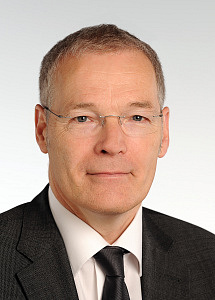
Prof. Rolf Henke (©DLR)
“Even beyond the Covid-19 pandemic, air traffic will continue to play a big role in mobility and economics. There is an urgent need to increase the environmental capabilities and sustainability of aircrafts as a product, so that the industry emerges stronger from this crisis. This can only be achieved by the skillful collaboration between the different sectors within our region,” says Professor Henke.
The role of coordinator of the space sector will be taken on by Siegfried Monser. Since 2017, Mr. Monser worked as the Communications Business Partner for Airbus Space Systems. Previously he had worked as Head of Internal Communications at Airbus Defence and Space (formerly Astrium) for 13 years.
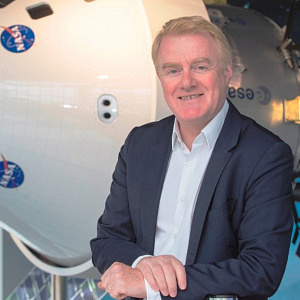
Siegfried Monser (© Airbus Defence & Space).
“Bremen is a globally recognized competence centre for space and has widespread connections with many industry and research institutes,” according to Monser. “In the lean room at Airbus Defence and Space the European service module for NASA’s lunar spacecraft, Orion, is being integrated. ArianeGroup in Bremen is responsible for the upper stages of the Ariane 5 and 6 rockets and Galileo, Earth observation and science satellites are being built at OHB. The DLR Institute for Space Systems and the ZARM drop tower in Bremen are prime addresses or cutting-edge top space research. With the support of ESA and the Bremen state government, an exciting startup scene is emerging here, as part of the ESA BIC Northern Germany. In order to secure and expand our position for this region within the industry, it requires close collaboration and cooperation at both a regional, national, and international level.”
“The approval and support that the companies (and their employees) in the sector have for the new coordinators is the basis for an effective working relationship in the upcoming years, which I am very much looking forward to,” states Kristina Vogt.
More Information can be found here: Pressestelle des Senats.





